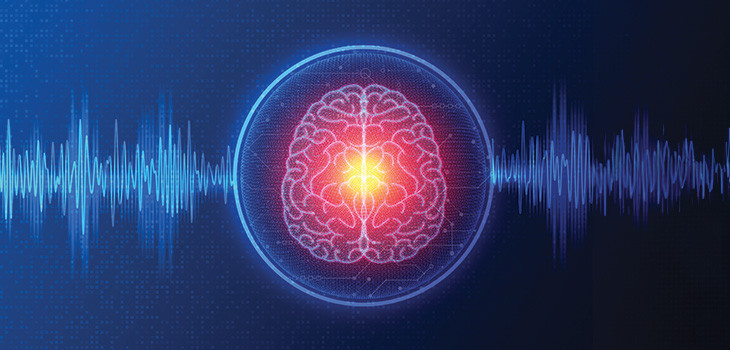
The word ‘neurotechnology’ conjures images of dystopian sci-fi landscapes, but this is an emerging area of law and you’re reading NLJ, not watching the latest Christopher Nolan screening
In the first part of a fascinating series of NLJ articles, Harry Lambert, Crown Office Chambers, covers ‘neurorights’ from a legal perspective.
For example, Lambert looks at the ‘application of monitoring, harvesting and analysing brain wave data from electroencephalograms (EEGs)’, as well as the disturbing corporate practice of ‘targeted dream incubation’.
Or how about EEG-based brain-computer-interface devices? Lambert reveals: ‘By probing whether or not you “recognise” certain faces, numbers or patterns, a computer can therefore systematically work out private information such as a home address or even, in one case, a credit card PIN!’










